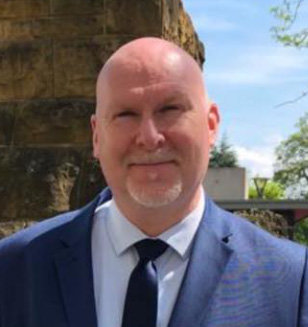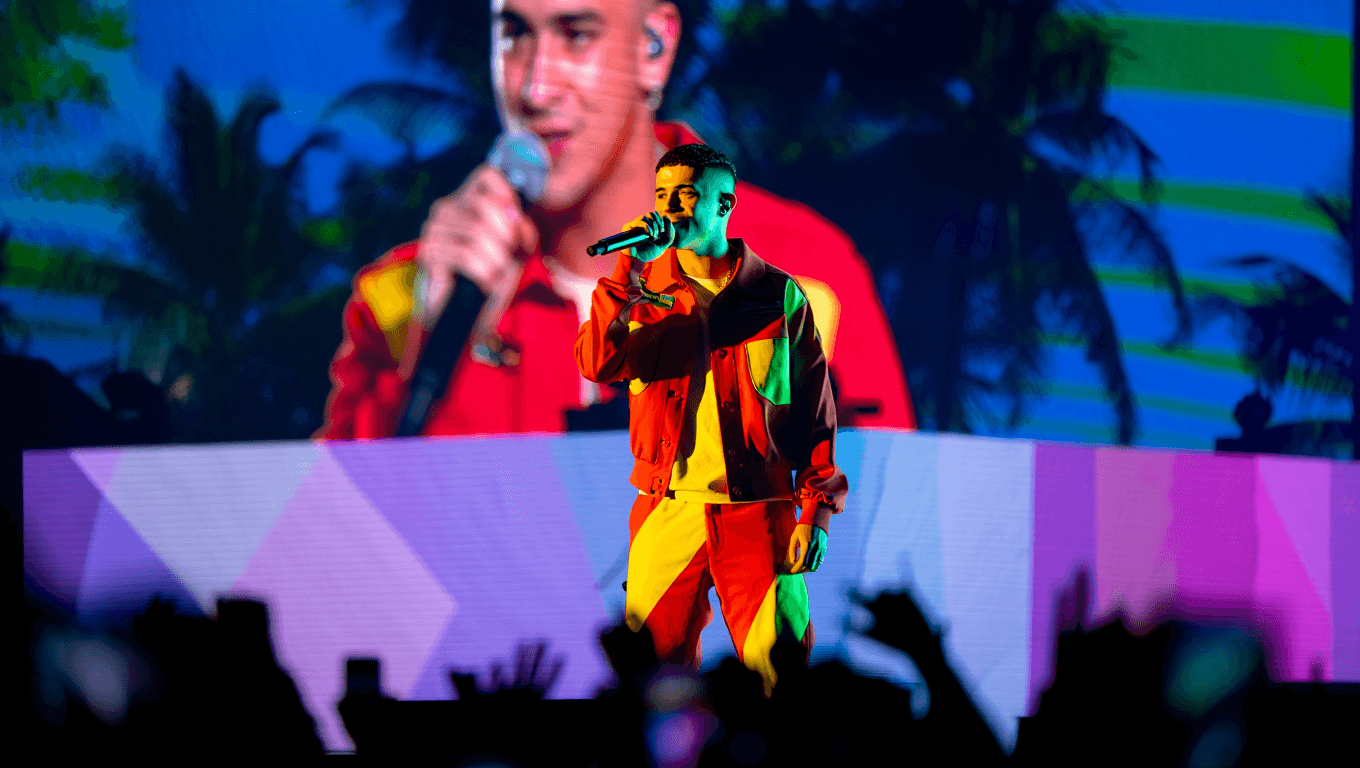The NFL stood firm on its controversial choice of Bad Bunny as the halftime headliner for Super Bowl LX. Roger Goodell confirmed on Oct. 22 that the league won’t reconsider. The 31-year-old Puerto Rican artist will perform primarily in Spanish on Feb. 8, 2026. This sparked massive backlash from conservative critics demanding a replacement.
Taylor Swift Blake Lively friendship officially ends after 10 years, no contact since Dec
Super bowl halftime show 2026 sparks outrage as NFL stands firm on Bad Bunny
🔥 Quick Facts:
- Bad Bunny is the first male Latin American solo halftime headliner.
- 70,000+ people signed a petition asking for his replacement.
- NFL Commissioner Goodell defended the choice on Oct. 22.
- Bad Bunny joked at SNL: “You have four months to learn Spanish.”
- Performance happens at Levi’s Stadium in Santa Clara, California.
What Sparked the Outrage?
Conservative politicians and media outlets erupted after the announcement. The controversy centers on Bad Bunny’s refusal to perform in English. Former President Donald Trump claimed he’d never heard of the artist on Newsmax. House Speaker Mike Johnson suggested alternative performer Lee Greenwood instead. Trump administration officials also said ICE agents would patrol the game, raising concerns for immigrant attendees.
“He’s one of the leading and most popular entertainers in the world. That’s what we try to achieve.”
Taylor Swift attends Chiefs-Commanders game under the radar, continues low-profile support for Travis Kelce
Wednesday season 3 renewed: Netflix confirms Jenna Ortega returns in 2027
Bad Bunny’s political activism fueled the fire too. The artist announced a Puerto Rican concert residency instead of touring mainland U.S. He cited concerns about Donald Trump’s mass-deportation policies threatening Latino fans. He also performs in drag, advocates for LGBTQ+ rights, and consistently critiques Trump’s administration. This amplified the culture-war rhetoric from right-wing commentators.
Why the NFL Refuses to Back Down
The NFL had clear business reasons for the choice. Bad Bunny was Spotify’s third most-streamed artist globally in 2024. His recent 31-night Puerto Rican residency generated $733 million for the territory’s economy. The league recognizes the growing Hispanic-American purchasing power. Younger audiences increasingly consume Latin music and culture.
| Metric | Details |
| Artist Name | Bad Bunny (Benito Antonio Martínez Ocasio) |
| Origin | Puerto Rico, U.S. territory |
| Performance Date | February 8, 2026 |
| Language | Spanish-only performance |
| Spotify Ranking (2024) | Third most-streamed artist globally |
| PR Residency Impact | $733 million economic boost |
Goodell explained the decision at NFL Fall League Meetings. He noted the league always faces backlash on halftime choices. “It’s carefully thought through,” he said. The commissioner emphasized that Bad Bunny represents the NFL’s effort to captivate younger viewers and international audiences. He also said the performance will be “a great show” and a “united moment.”
The Backlash Movement Gained Steam
Opposition organized quickly online. A Change.org petition calling for replacement surpassed 70,000 signatures. Conservative group Turning Point USA announced an alternative “All American Halftime Show” with details still unclear. Fox News hosts expressed outrage. Rep. Marjorie Taylor Greene called the choice “perverse” on social media. Homeland Security officials threatened ICE enforcement at the stadium, which critics viewed as intimidation.
“It’s so shameful they’ve decided to pick somebody who just seems to hate America.”
However, many critics revealed gaps in their knowledge. Fox News host Tomi Lahren called Bad Bunny “not an American artist.” Guests pointed out that Puerto Rico is part of the United States. Lahren didn’t acknowledge the error. Speaker Johnson admitted he’d never heard of the artist before criticizing him.
How Bad Bunny Responded With Humor
The artist addressed the controversy directly and cleverly. On October 4, Bad Bunny hosted Saturday Night Live. He joked that everyone at Fox News supported him, showing heavily edited clips. Then he switched to Spanish to explain his cultural significance. He said the performance belongs to all Latinos who have “opened doors.” His closing English quip got massive applause: “If you didn’t understand what I just said, you have four months to learn.”
This response showcased his defiance and wit. It also highlighted the language barrier critics were exploiting. Bad Bunny refused to apologize for performing in Spanish. Instead, he positioned Spanish-language music as increasingly central to American culture. His SNL monologue went viral, reaching millions of supporters worldwide.
Will More Controversy Erupt Before February?
The Super Bowl halftime show still awaits on Feb. 8, 2026. Questions remain about potential guest performers. Some rumors suggest Drake might join him. Details about the specific setlist, choreography, and staging haven’t been revealed. The NFL and Bad Bunny‘s team are likely planning something culturally significant. Will they incorporate Puerto Rican history and symbolism? Will the artist reference his activism? Watch lists indicate fans worldwide are now counting down the days. Will the NFL face more pressure to cancel? The organization has clearly decided the answer is no.
The decision to stand by Bad Bunny represents the league’s calculated bet on cultural relevance. By diversifying its audience, the NFL acknowledges changing America. Spanish is no longer foreign. Latino artists aren’t exotic curiosities—they’re superstars. Bad Bunny‘s halftime show will broadcast this reality to hundreds of millions globally on Feb. 8. No controversy, no petition, and no pressure will change that.
Sources
- NFL – Official Commissioner statement on Bad Bunny performance not being reconsidered
- The Guardian – Roger Goodell defends Bad Bunny Super Bowl selection
- USA Today – NFL defends Bad Bunny amid controversy and petitions

Daniel Harris is a specialist journalist focused on the crossroads of breaking news, extraordinary history, and enduring legends. With a background in historical research and storytelling, he blends timely reporting with timeless narratives, making complex events and ancient myths resonate with today’s readers. Daniel’s work often uncovers surprising links between present-day headlines and legendary tales, offering unique perspectives that captivate diverse audiences. Beyond reporting, he is passionate about preserving oral traditions and exploring how extraordinary stories continue to shape culture and identity.

